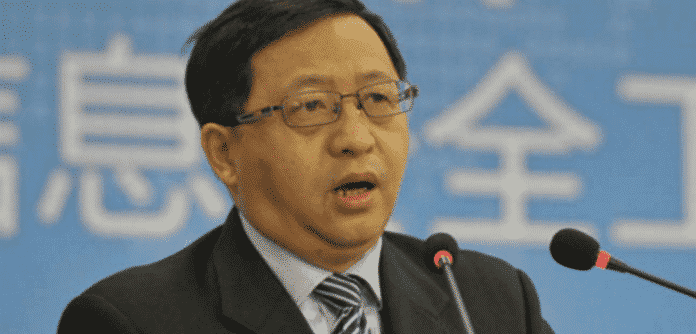China’s Great Firewall creator forced to use VPN to dodge his own creation
Fang Binxing, the digital architect of China’s ‘great firewall’ was publicly embarrassed this week after he was forced to use a virtual private network (VPN), an external server used by anyone in China seeking to access sites such as Google, Facebook or Twitter when trying to access a blocked web page, Hong Kong’s Ming Pao newspaper reported.
The Register reports that, earlier this week, during a public discussion of internet security at the Harbin Institute of Technology in Heilongjiang province, Hong Kong media reported that Fang Binxing, who is credited with filtering mechanism by which the government dictates what Chinese can and can’t see online, had run into some trouble trying to access a South Korean site to discuss that country’s online censorship.
Finding his path to the site blocked, Fang turned on a Virtual Private Network (VPN), the digital workaround employed by countless Chinese – 29% of the country’s internet users in Q4 2015, according to Statista – to access forbidden URLs (including online gambling sites). A self-conscious Fang reportedly urged his audience not to emulate his example.
Finding his path blocked, Fang proceeded to setup a VPN while the audience looked on. Once created, the VPN allowed the Great Firewall to be bypassed and the website loaded. However, a self-conscious Fang reportedly urged his audience not to imitate his example.
After deploying the VPN, Fang struggled with the inconsistent connection, with the link falling over twice as he tried to access Facebook and Google. Finally, he resorted to using Baidu to grab a screenshot of the Google homepage and continued with his talk. However, a planned Q&A scheduled for after his presentation was abruptly cancelled.
The incident has obviously sparked a lot of conversation online, with Chinese Internet users finding it hilarious that he was blocked by his own system. “Sooner or later this clown and his accessory will be nailed up on the column of history in disgrace,” posted one user named Li Wanjun on China’s Twitter-like microblogging site Weibo. “One may steal a horse, while another may not look over the hedge,” posted Popular Computer Week in reference to the incident, using a traditional Chinese maxim to bemoan the arbitrary application of rules.
Last month, Hong Kong media reported that China had upgraded its anti-VPN technology, a move timed to coincide with the National People’s Congress political gathering in Beijing. Local activists and other international site visitors claimed their VPNs either worked poorly or not at all.
China is also pushing new draft internet regulations that are supposedly aimed at Chinese domain registration services and China-hosted sites but critics claim the Ministry of Industry and Information Technology’s new regulations are so generally written that they could be used to block any website registered outside of China.
The Cyberspace Administration of China has backed continued exploration and improvements to the governance of cyberspace “with Chinese socialist characteristics” and regulators want “measures to ensure global cyberspace governance meshed with Chinese opinions and plans”.
After a conference last year, President Xi Jinping said “no country should pursue cyber hegemony” and defended China’s right to choose its own model of cyberspace governance.

